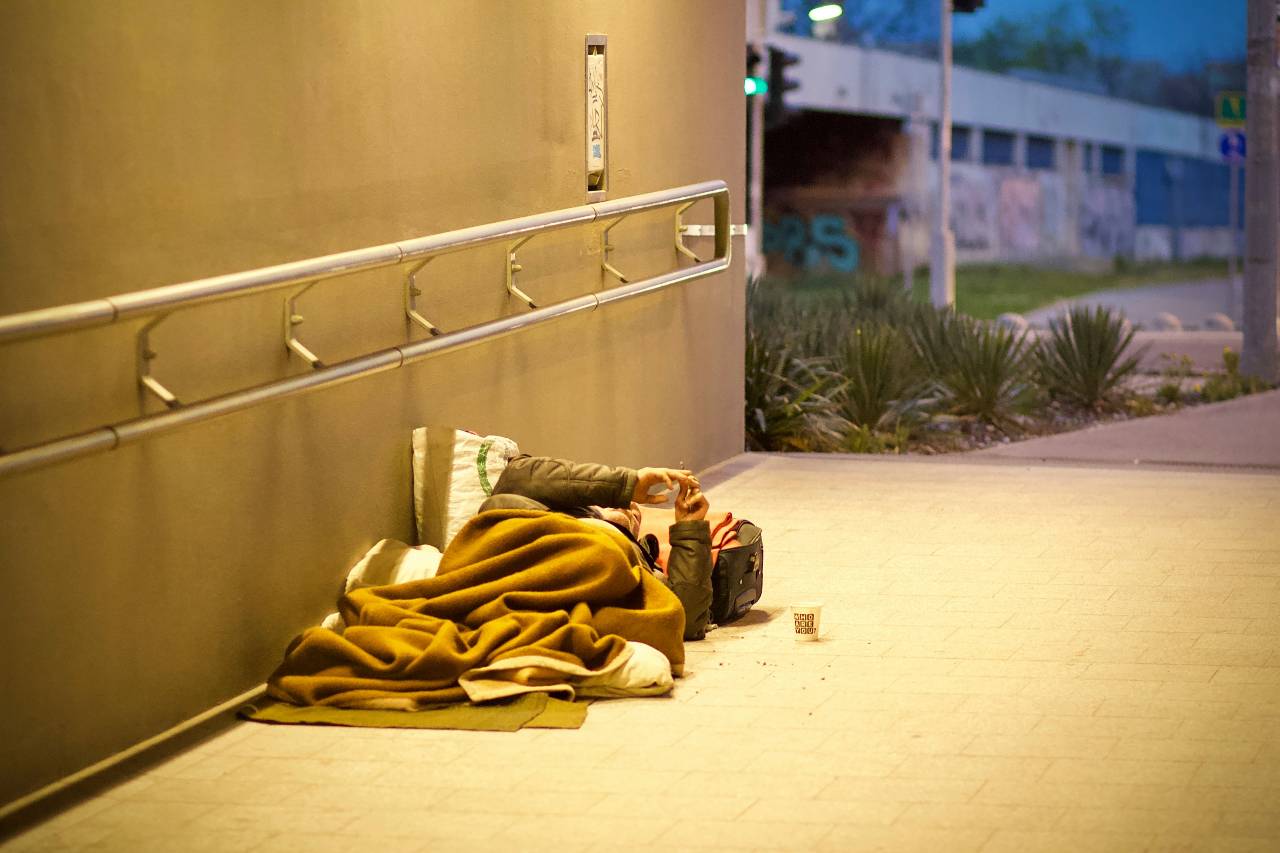POVERTY KILLS
Today I learned that living in a poor county
increases my risk of suicide. Less access
to healthcare, the internet, and a living
wage makes it harder to endure.
It is so clear that poverty kills.
But it convinces us to blame ourselves.
Several years ago, the phrase “deaths of despair” was popularized to describe a whole contingent of social problems and their impact, not just on public health, but on mortality. The phrase is so sanitary, however, and prevents us from dealing with the morality underneath. That we zone communities and enact public policy while knowing many people will die sooner because of it.
Poverty is so clearly a public health crisis, that we literally encounter it at bus stops and public benches. We see it in urban, suburban, and rural communities alike. It is not confined to coastal cities, Appalachian towns, the rustbelt, or the south. It is everywhere, and the people it effects are our neighbors.
Another dimension of the problem is the way we understand and speak about the nature of suicide. Many advocates suggest we work on the way we talk about suicide, particularly that our traditional patterns mimic the language of criminal behavior, rather than desperation and despair. They suggest we speak of “completing suicide” as a more accurate and holistic phrasing.
The release of a new study by the American Centers For Disease Control (CDC) shows that the ability to meet basic needs is connected with suicide rates, particularly among white men, is condemning of our social priorities far more than it is surprising. And it is those misplaced priorities, most of which revolve around what is often called “personal responsibility,” which produce incredible, easily-prevented suffering.
Perhaps the most surprising element of this study, that those without access to the internet were an incredible 44% more likely to complete suicide upends our public shaming of the internet and demonstrates the isolating character of the whole of modern life. That it isn’t social media that is leading to suicide, but a lack of access to it (and other things, obviously).
Perhaps more than the simple indignity we offer one another in the ways we discuss poverty and its lethality is the fundamental lack of commitment to acknowledge our perpetuation of it. That we contribute to the way things are, that our participation in unjust systems perpetuates injustice throughout the system, and that many of these outcomes don’t “just happen”. These outcomes are the direct result of public policy which involve economic exploitation, wealth redistribution to the top, and reduced prospects for whole swaths of the country. In other words, taken as a whole, this epidemic isn’t a product of every individual’s choice but of our social arrangement itself.
This is what struck me about this study—the double indignity of it all. That the poverty would lead to more deaths while encouraging us to think that people “did this to themselves.”
Nah, man, we are doing this to ourselves.
